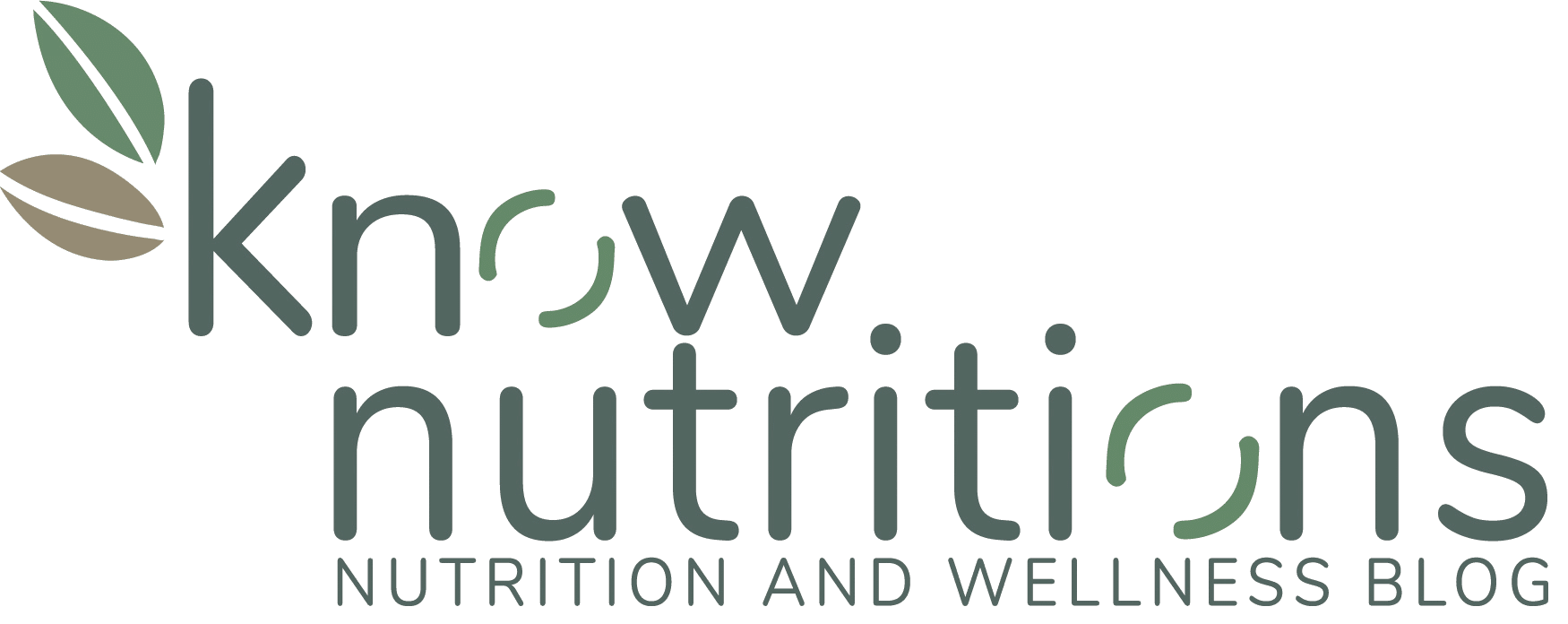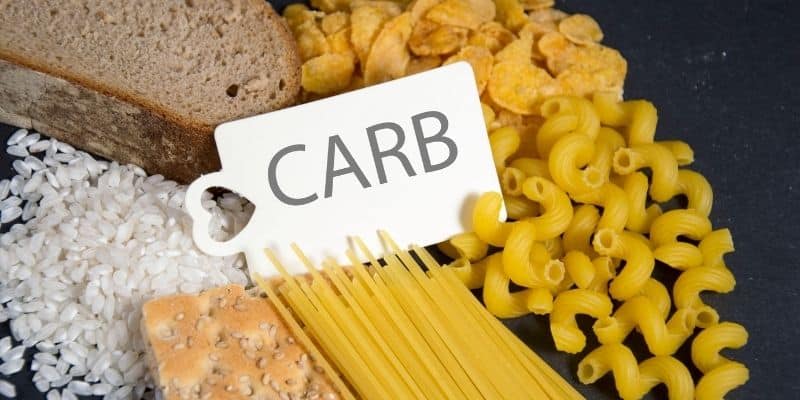Bulking is a phase in bodybuilding where the goal is to increase muscle mass by consuming more calories than you burn. This process requires careful planning, especially when it comes to choosing the right foods. Among these, carbohydrates are crucial as they provide energy for workouts and help replenish glycogen stores after exercise. The best carb source for bulking include a variety of whole grains, fruits, and starchy vegetables that not only offer the necessary carbs but also essential nutrients like fiber, vitamins, and minerals.
When selecting carb sources for bulking, it’s important to consider both the quality of the carbohydrates (simple vs. complex) and their nutritional value beyond just calorie content. Complex carbohydrates like brown rice or oats are preferred due to their slower digestion rate compared to simple carbs like white sugar or honey.
Table of Contents
- Understanding Bulking Diets
- Choosing Effective Foods for Bulking
- Transitioning into Key Carb Sources
- Oats—A Slow-Digesting Carb Source for Bulking
- Brown Rice—A Classic Carb Source for Bulking
- Sweet Potatoes—A Nutrient-Dense Carb Source for Bulking
- Whole Wheat Bread—A Convenient Carb Source for Bulking
- Quinoa—A High-Protein Carb Source for Bulking
- Bananas—A Quick Energy Carb Source for Bulking
- Whole Wheat Pasta—A Filling Carb Source for Bulking
- Lentils—A Fiber-Rich Carb Source for Bulking
- Potatoes—A Versatile Carb Source for Bulking
- Honey—A Natural Sugar Carb Source for Bulking
- How Much Protein Is Needed?
- Final Takeaway
- FAQs
| Carb Source | Carbs per Serving | Nutritional Value |
| Brown Rice | 37 g per medium-sized potato | Rich in fiber & B vitamins |
| 12 g per 100g cooked | 37g per medium-sized potato | High in vitamin A & potassium |
| 12 g per 100 g cooked | 12g per 100g cooked | High fiber content |
Understanding Bulking Diets
Bulking diets typically involve consuming a calorie surplus—meaning you eat more calories than your body burns daily—to support muscle growth. This surplus should ideally come from nutrient-dense foods rather than junk food or empty calories associated with dirty bulking practices.
Dirty bulking involves eating any high-calorie food without regard for nutritional quality just to achieve rapid weight gain quickly but often results in unwanted fat accumulation alongside muscle mass. In contrast, clean bulking focuses on whole foods that provide balanced nutrition along with necessary calories.
Choosing Effective Foods for Bulking
When considering which foods are best for bulking beyond just carbs:
Protein-Rich Foods
Protein intake is crucial during a bulk phase as it supports muscle repair and growth. Aim for about 1.6 grams of protein per kilogram of body weight daily. Good protein sources include lean meats like chicken breast or fish (salmon), plant-based options such as beans or lentils (which also contain carbs), nuts (for healthy fats), and dairy products like milk or eggs.
Healthy Fats
Incorporating healthy fats from avocados or olive oil helps maintain hormone levels vital for muscle growth while providing additional calories needed during a bulk phase.
To ensure optimal results without excessive fat gain:
- Balance your diet with proteins from lean meats or plant-based sources.
- Include healthy fats from nuts or olive oil.
- Prioritize whole grains over processed carbohydrates whenever possible.
Transitioning into Key Carb Sources
Choosing high-quality, nutrient-dense carbs can maximize muscle gain while minimizing fat accumulation. Here are the ten best carb sources for bulking to help you gain size effectively.
Oats—A Slow-Digesting Carb Source for Bulking
Oats are an excellent carb source for bulking due to their slow-digesting nature, which provides a steady release of energy throughout the day. Rich in complex carbohydrates, fiber, and essential nutrients like iron and magnesium, oats support sustained muscle growth and improved digestion. Their high fiber content also helps regulate blood sugar levels, reducing energy crashes. Oats can be easily incorporated into your diet through oatmeal, protein shakes, or homemade energy bars, making them a convenient choice for bulking.
Brown Rice—A Classic Carb Source for Bulking
Brown rice is a staple carb source for bulking that offers a good balance of complex carbohydrates, fiber, and essential nutrients such as B vitamins and manganese. Unlike white rice, brown rice retains its bran layer, which contributes to its higher fiber content and slower digestion rate. This ensures a sustained energy release, making it perfect for maintaining endurance during long training sessions. Brown rice pairs well with lean proteins like chicken, fish, and tofu, making it a go-to meal option for bodybuilders and athletes.
Sweet Potatoes—A Nutrient-Dense Carb Source for Bulking
Sweet potatoes are a highly nutritious carb source for bulking, packed with fiber, vitamins A and C, and antioxidants that support overall health. Their complex carbohydrate structure ensures a slow and steady release of energy, making them ideal for both pre- and post-workout meals. The high vitamin A content in sweet potatoes also aids in immune function, skin health, and vision. Whether roasted, mashed, or baked into fries, sweet potatoes offer versatility and nutrient density for anyone looking to gain quality muscle mass.
Whole Wheat Bread—A Convenient Carb Source for Bulking
Whole wheat bread is an easy-to-prepare carb source for bulking that provides complex carbohydrates, dietary fiber, and essential micronutrients like iron and zinc. Unlike refined white bread, whole wheat bread retains its fiber and nutrients, making it a healthier and more filling option. It pairs well with various protein sources such as lean meats, eggs, and peanut butter, creating a balanced and effective muscle-building meal. Sandwiches, toast, or even whole wheat wraps can be quick and nutritious ways to incorporate this carb into your diet.
Quinoa—A High-Protein Carb Source for Bulking
Quinoa is a unique carb source for bulking because it contains all nine essential amino acids, making it a complete protein as well as a great carbohydrate source. High in fiber, magnesium, and antioxidants, quinoa supports muscle recovery, digestion, and overall well-being. Unlike many other grains, quinoa is gluten-free, making it a great option for those with gluten sensitivities. It can be used in salads, as a rice substitute, or as a base for protein-packed meals to enhance muscle-building efforts.
Bananas—A Quick Energy Carb Source for Bulking
Bananas are a fast-digesting carb source for bulking, perfect for pre- or post-workout meals. Their high natural sugar content provides an instant energy boost, while their potassium helps prevent muscle cramps and supports proper hydration. Bananas also contain fiber, vitamin B6, and antioxidants, which aid in digestion and muscle recovery. They are easy to carry and require no preparation, making them a convenient snack for anyone following a bulking diet. Blend them into protein shakes, eat them with peanut butter, or simply enjoy them on their own.
Whole Wheat Pasta—A Filling Carb Source for Bulking
Whole wheat pasta is a satisfying carb source for bulking that delivers complex carbohydrates, fiber, and important nutrients like iron and B vitamins. It provides a slow and steady energy release, which is essential for maintaining high performance during long and intense workouts. Unlike regular pasta, whole wheat pasta contains more fiber, aiding digestion and promoting satiety. Pairing it with lean proteins and healthy fats can create a nutrient-dense meal that supports muscle growth while keeping energy levels high.
Lentils—A Fiber-Rich Carb Source for Bulking
Lentils are a plant-based carb source for bulking that provide both carbohydrates and protein, making them an excellent choice for vegetarians and vegans looking to build muscle. They are packed with fiber, which aids digestion and helps maintain stable blood sugar levels. Lentils are also rich in iron, folate, and magnesium, which are essential for oxygen transport, energy production, and muscle function. Whether added to soups, stews, or salads, lentils are a highly nutritious and cost-effective carbohydrate source for bulking.
Potatoes—A Versatile Carb Source for Bulking
Potatoes are a highly versatile carb source for bulking that can be prepared in various ways, such as mashed, baked, or roasted. They provide a rich source of carbohydrates, potassium, and vitamin C, which are crucial for muscle function and immune health. While white potatoes are often overlooked, they are just as beneficial as sweet potatoes when it comes to fueling workouts and replenishing glycogen stores. Their adaptability in different recipes makes them an easy and effective way to include quality carbs in a bulking diet.
Honey—A Natural Sugar Carb Source for Bulking
Honey is a natural carb source for bulking that provides quick-digesting sugars for instant energy. It is particularly useful for post-workout recovery, as it helps replenish glycogen stores rapidly. Unlike processed sugars, honey contains antioxidants, enzymes, and trace minerals that offer additional health benefits. Drizzling honey over oatmeal, mixing it into protein shakes, or using it as a natural sweetener in cooking can enhance energy intake and support muscle growth.
Including these carb sources for bulking in your diet will help optimize muscle growth. These options not only supply necessary carbohydrates but also contribute valuable nutrients such as vitamins and minerals essential for overall health during intense training periods.
How Much Protein Is Needed?
Adequate protein intake supports muscle synthesis by providing amino acids needed by muscles during recovery phases after workouts. It’s recommended that athletes consume between 1.2 grams and 2 grams of protein per kilogram of body weight daily depending on activity level.
Final Takeaway
In conclusion, incorporating the best carb sources into your diet is crucial when aiming to bulk up effectively while maintaining lean gains rather than resorting to dirty methods that lead primarily towards unwanted fat accumulation instead of the desired muscular development sought initially when setting out on this challenging yet rewarding path forward, hopefully ending successfully someday soon!
By balancing your intake between nutrient-dense, carbohydrate-rich foods like brown rice or sweet potatoes alongside adequate proteins from lean meats/plant-based alternatives plus healthy fats found within avocados/nuts, you ensure optimal conditions exist, allowing muscles to grow stronger and visibly larger over time, gradually progressing closer to ultimate fitness goals set forth originally, driving motivation to push limits further every step of the way!
FAQs
What Are Good Sources of Carbs for Bulking?
Great carb sources include brown rice, sweet potatoes, oats, quinoa (a complete protein source), bananas (quick energy), lentils (rich in carbs and protein), and potatoes (easily digestible). These provide steady energy, fuel workouts, and support muscle recovery.
Which Foods Are Best for Bulking?
The best bulking foods combine high-protein sources like chicken, beef, and fish with complex carbs such as sweet potatoes and brown rice. Adding healthy fats from avocados, nuts, and olive oil ensures a well-rounded diet that supports muscle growth while maintaining overall health.
What Is Dirty Bulking?
Dirty bulking involves eating excessive calories from unhealthy, processed foods to gain weight quickly. While this may lead to rapid mass gain, much of it comes from fat rather than muscle, increasing the risk of health issues and requiring extra effort to cut down later.
How Much Protein Should I Consume While Bulking?
For optimal muscle growth, consume 1.6–2.2 g of protein per kg of body weight daily. Distribute protein intake across multiple meals to maintain muscle protein synthesis and aid recovery. Lean meats, eggs, dairy, and plant-based proteins like tofu and lentils are excellent choices.
Can I Gain Muscle Without Eating Many Carbs?
Yes, but it’s less efficient. Carbs serve as the primary energy source for intense workouts and muscle recovery. While a low-carb, high-protein, and high-fat diet can still support muscle growth, incorporating sufficient carbs enhances performance, speeds up recovery, and promotes better overall gains.










